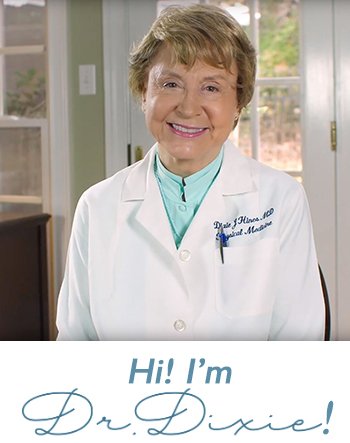First off let me say that I don’t advocate smoking “Pot” or eating it or vaping it or taking it into your body to get high. I also truly feel it is addictive. But I will also admit that I don’t know that much about it from a personal standpoint. It just seems to me that taking anything into your body that is foreign and is a “drug” has the potential to have long term negative effects. So now we have a hemp derivative called CBD (cannabidiol) that is making headlines across the world. It is tooted to cure everything from cancer to a cold sore. Obviously, this is ridiculous. But from the limited reading I have done, there do seem to be some positive results of using CBD. First off though you need to know that CBD alone won’t get you high. Evidently CBD may contain a minute amount of THC (delta-9-tetrahydrocannabinol) but not enough to make you high. Unfortunately, from what I have read, the best results from CBD usage also means that the CBD contains a little more THC than just plain CBD. Some studies say that some edibles such as a little chocolate square could contain 10 milligrams of THC plus the CBD. That is three to four times the amount of THC that experts recommend for older adults, according to one article. Another problem is that today’s cannabis is much more potent than what was grown in the ’70s and ’80s. This is evidently because many growers have been cross-breeding and selecting the highest-potency plants to create more powerful “pot.”
So, here are some pluses and minuses of CBD usage. According to a couple of research articles I have read, it is hard to know what is in the product. CBD is largely unregulated. It also seems to work for some things but definitely not for others. For instance, it does seem to work for some severe forms of epilepsy. It should not be used indiscriminately for young and old. Older people, especially those on certain medications, should not even consider it without the guidance of their personal care Physician who knows their medical history and all the medications they are on. One medication that I can think of would be the possible interaction between CBD and blood thinners, as well as chemotherapy drugs, etc. Another bit of advice here would be to find a quality product. You might wish to consult not only your Doctor but your Pharmacist on this. You also should know what the laws in your State are concerning CBD usage. This would be another reason to consult your Physician and/or Pharmacist as they would most likely know your State laws.
One article that I read gave some positive “bottom lines” as to research for certain conditions. The first was for chronic pain such as from some spinal cord injuries, nerve pain from diabetes, rheumatoid arthritis, and multiple sclerosis among some other long term chronic pain conditions. Many studies are being done to see if CBD can alleviate chronic pain from osteoarthritis and some results are promising. Some other promising studies show that CBD could be helpful for patients suffering from anxiety, PTSD, and cancer pain.
There were mixed results from some studies on the benefits of CBD on depression, Crohn’s disease, migraines, fibromyalgia, and Parkinson’s disease among other problems.
The real bottom line here is if you really wish to try CBD, to use extreme caution and only after you have done your own research and talk to your health care professionals including your family Doctor and your Pharmacist.
This is a serious matter of discussion today and I would love to hear comments from my readers on this.

